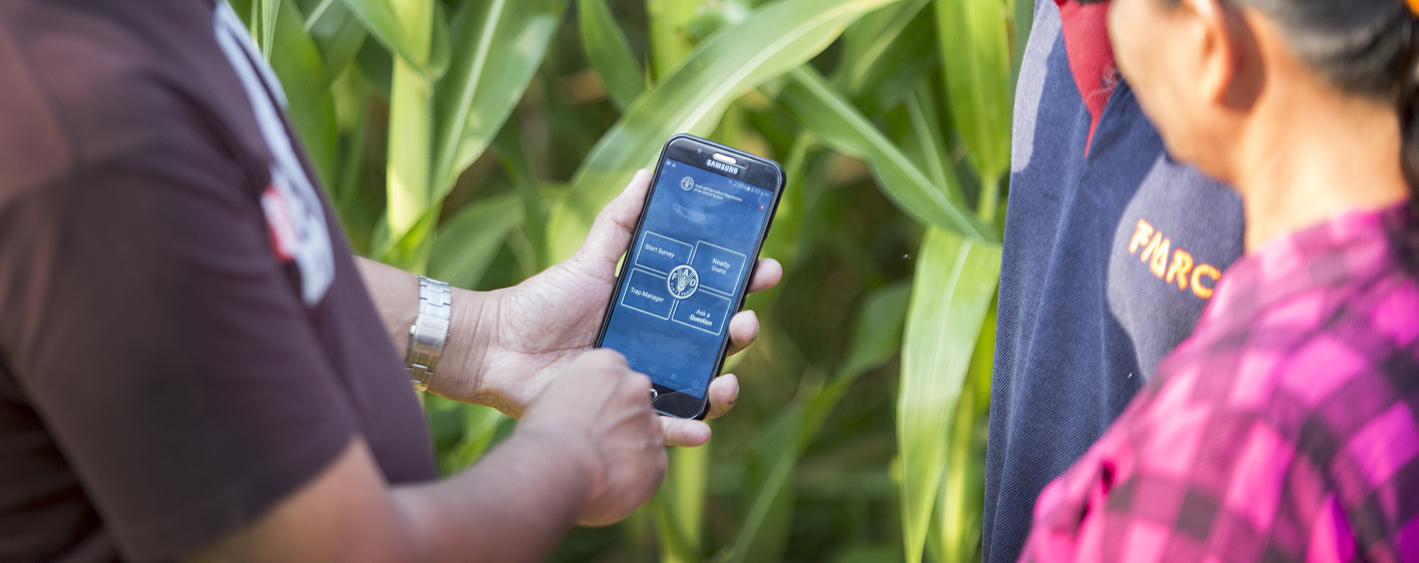
One vision, one shield: Sri Lanka's integrated One Health pandemic preparedness and response
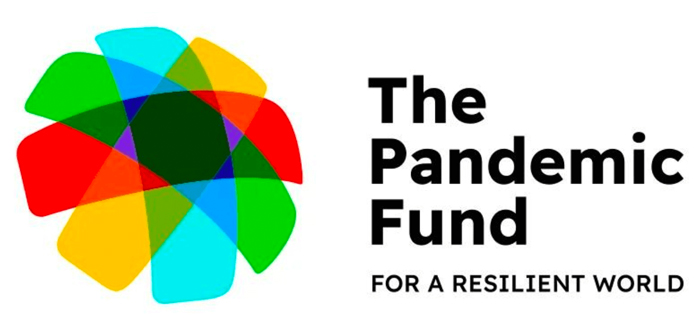
Sri Lanka, emerging from significant economic and health challenges, is poised to strengthen its health security framework through the One Vision, One Shield initiative. This project focuses on enhancing the nation’s capacity to prevent, detect, and respond to public health threats by integrating human, animal, and environmental health systems under the One Health approach. By addressing systemic gaps in surveillance, laboratory networks, and workforce capabilities, the project aims to create a resilient health system ready for future pandemics.
Implementation and key components
The initiative is led by the Ministry of Health in partnership with key international agencies, including WHO, FAO, UNICEF, the Asian Development Bank (ADB), and the World Bank. It targets national and subnational levels with key interventions across three priority areas.
Strengthening surveillance systems
The project will enhance early warning mechanisms by integrating a GIS-based application with existing surveillance data systems. This initiative also includes comprehensive antimicrobial resistance (AMR) monitoring across human, animal, and environmental health sectors. Community-based surveillance will be expanded to include wastewater analysis and zoonotic disease monitoring in livestock and wildlife, fostering a proactive approach to health threats.
Enhancing laboratory infrastructure
National laboratories, including the Medical Research Institute, will undergo upgrades to meet international biosafety and diagnostic standards. Investments will focus on air quality systems, quality management programs, and advanced diagnostic tools to improve the detection of pathogens. Standardized transport systems for laboratory specimens will ensure rapid and secure delivery of samples nationwide.
Building a skilled health workforce
A robust training framework will be established to build a workforce capable of addressing pandemic risks. Initiatives include field epidemiology programs for veterinarians and wildlife specialists, as well as frontline responder training for community health workers. These efforts aim to foster cross-sectoral collaboration under the One Health framework while improving technical skills in outbreak management and diagnostics.
Expected outcomes
This project is expected to transform Sri Lanka’s pandemic preparedness by establishing integrated surveillance networks, modernizing laboratory systems, and empowering a skilled workforce. These interventions will not only reduce the risk and impact of future pandemics but also contribute to economic recovery by creating a resilient health system. By focusing on equity and community engagement, the initiative aims to build trust and inclusivity in health responses, ensuring no one is left behind.Implementing Entities
ADB, FAO, UNICEF, WHO, World Bank
Priority areas
- Early warning and disease surveillance systems
- Laboratory systems
- Human resources/public health and community workforce capacity
Total budget
USD 18,376,348.14
Total co-financing
(in kind and cash)
USD 197,105,000
Total co-investment
(in kind and cash)
USD 7,696,319.60
Find out more
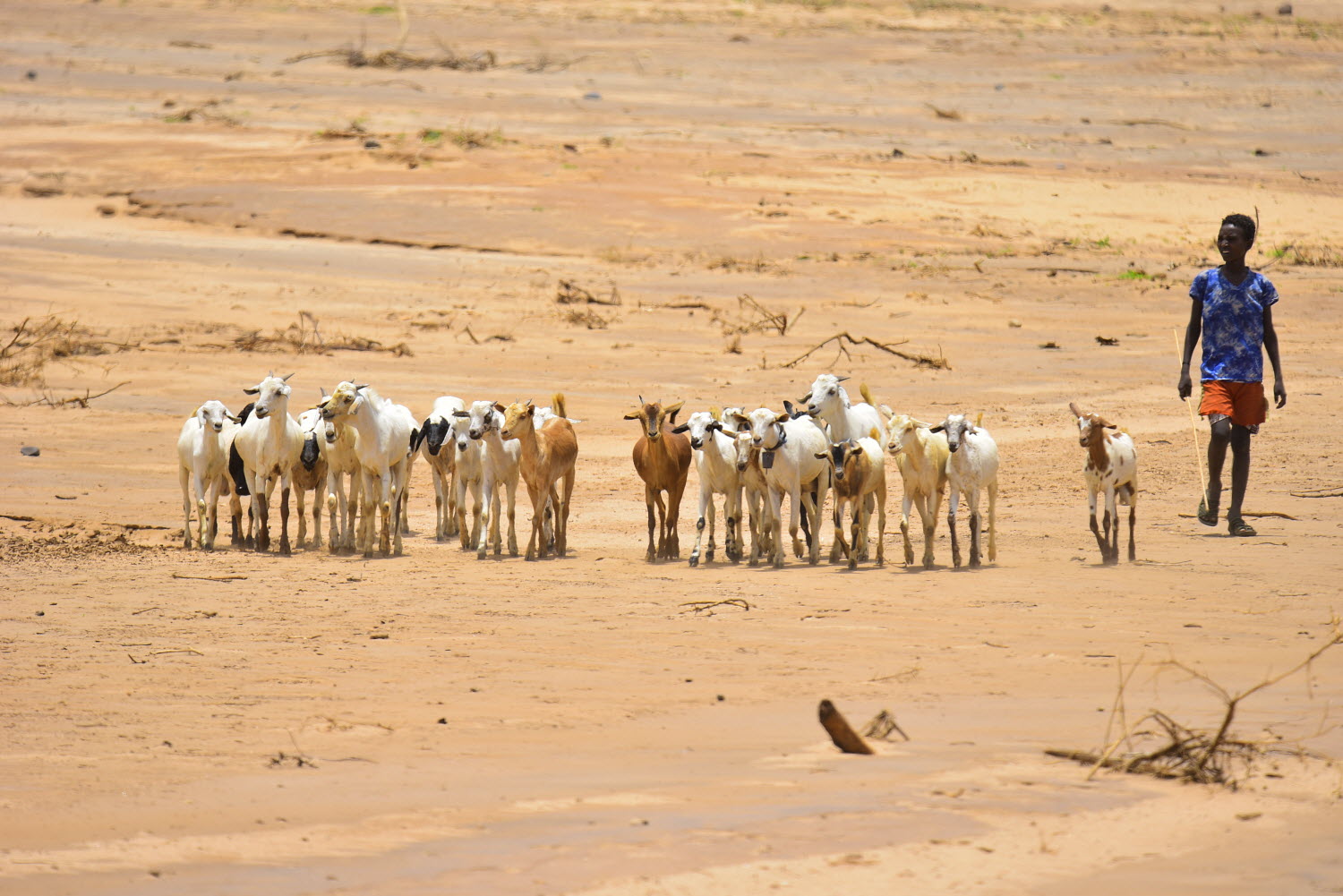
Projects
FAO and the Pandemic Fund
FAO is co-leading the implementation of 32 Pandemic Fund projects worth over USD 165 million aimed to boost local and global health security.
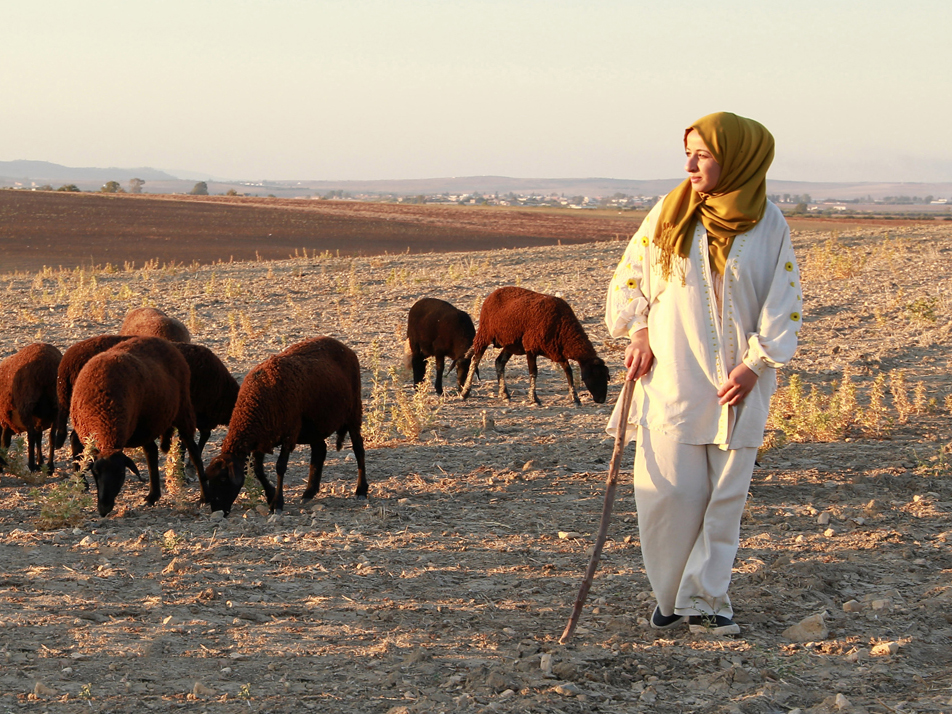
Highlights
Pandemic Fund’s third call for proposals
The Pandemic Fund has announced its third Call for Proposals, with an envelope of USD 500 million to enhance pandemic preparedness and response with a focus in low- and middle-income countries.
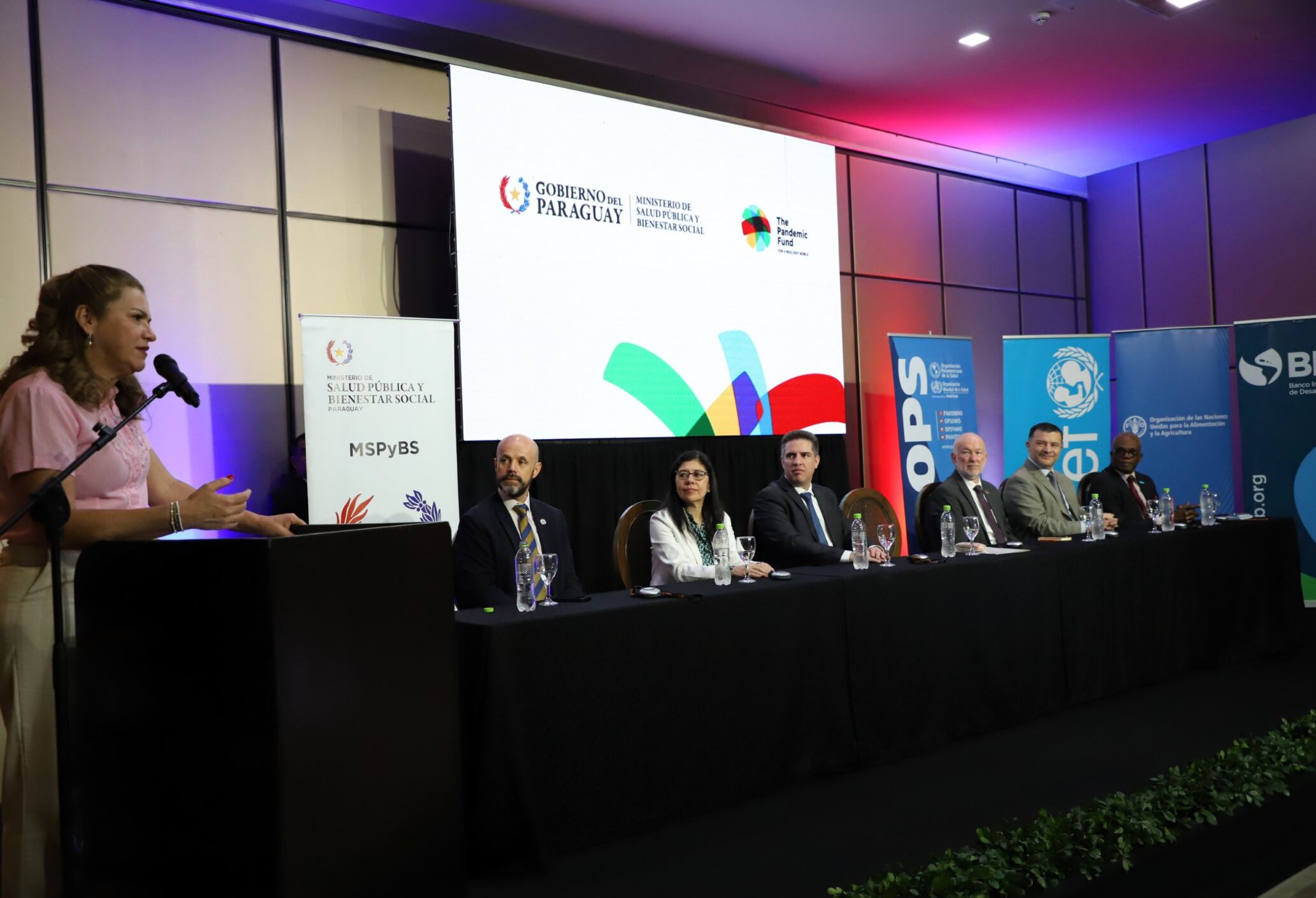
Highlights
Global fight against pandemics gains momentum as projects launch with FAO support
The first of Pandemic Fund projects launched at national level, including Ethiopia, Paraguay, Central Asia countries, and Yemen.
